The Stories We Tell Ourselves
The stories we tell ourselves keep us safe because they help us make sense of the world. Here’s the catch though, these stories don’t have to be necessarily true—they just have to be complete in order to do so.
I love love love this brilliant explanation by neurologist and novelist, Robert Burton:
“Because we are compelled to make up stories, we are often compelled to take incomplete stories and run with them. Even if it’s a half story in our minds, we earn a dopamine ‘reward’ every time it helps us understand something in our world—even if that explanation is incomplete or wrong.”
Mic drop.
For decades, I told myself a story that I was somehow wildly deficient. Everyone else made it out of labor and delivery just fine. Not me. I was flawed and had to work overtime to measure up—to show up.
What facts supported this story? What was the payoff for believing it? These are two questions I didn’t start asking myself until my late 20’s. And man were they gnarly narratives to reconcile.
I won’t get into the gory details here, but basically I’d adopted this self-defeating narrative early on in childhood in order to make sense of a wound and my childish belief about that wound. The binary conclusion I came to about that wound paid off in dividends because it helped me overcompensate and defy it’s possible effects moving forward. How? By armoring up with perfectionism and the insatiable desire to prove the world wrong: I am indeed enough and will work realllllly hard to show you!
This worked well until it nearly killed me.
You and I are very much alike in that we both live out of stories—some of them life-giving, some of them need serious editing.
I’ll never forget the first time I sat in my therapists office and said these words out loud, albeit wobbly and with a tentative tone, “I’m… okay?”
Now that’s a narrative that changed everything. If I was in fact, “okay,” I could drop the act and quit hustling for worthiness. As a recovering perfectionist, this would be a long, humbling process—and a risk.
Oh but the risk far outweighed the expired reward of that old, broken story. It’s proved much more fun as well.
I’m leaving you with a writing prompt to push around this week. It may help you identify a few broken records you’ve been unconsciously wearing out for too long.
If I could write the next chapter of my story and play the hero instead of the victim, it would go something like_________________________________.
Spend 10 minutes to an hour with that one. Tell me how it goes…

